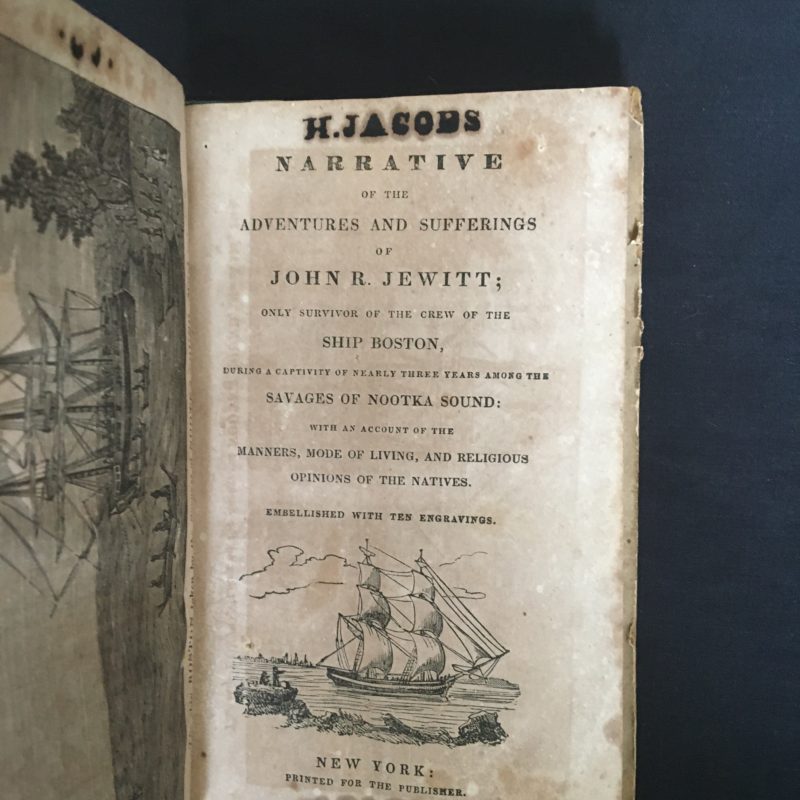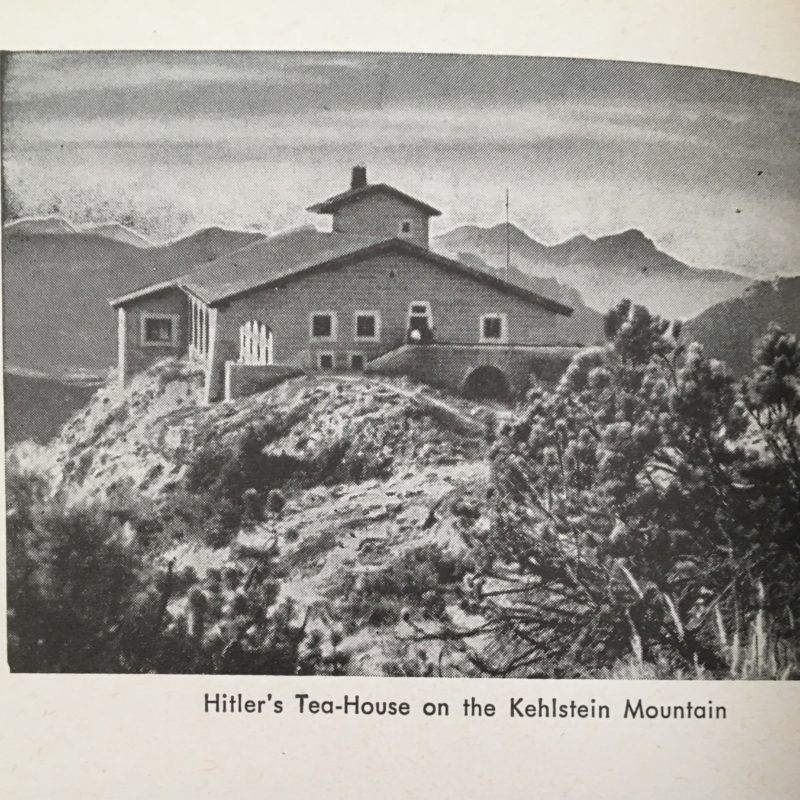Robert Bloch Original Autograph Letter With Lovecraft Cartoon, 1974
$800
In stock
Description
Letter to Dirk W. Mosig by Robert Bloch featuring a margin caricature of HP Lovecraft. 1974.
A glimpse into H.P. Lovecraft and other Weird Fiction authors by a personal friend, this letter by Robert Bloch (1917-1994), famed horror author of Psycho, Lovecraft protege, and inspiration for the ill-fated protagonist “Robert Blake” from Lovecraft’s “The Haunter of the Dark” discusses the philosophical depth which made his mentor’s stories special with then up-and-coming scholar Dirk W. Mosig. In January 1974, the time this letter was written, the psychologist, historian, literary critic, and ordained Zen monk Mosig (b. 1943) was finishing his doctoral work and had only just published his seminal essay, “Toward a Greater Appreciation of H.P. Lovecraft: The Analytical Approach”, pioneering a Jungian appreciation of Lovecraft’s dream-inspired horror stories. As foremost Lovecraft scholar S.T. Joshi phrased it, “Dirk Mosig is the key transitional figure in Lovecraft studies; and if the history of this field is ever written, he will have to occupy a central role.”
In the text, Bloch provides his opinions on Lovecraft’s stories and the differences between his mentor and other writers– both his contemporaries and the popular authors of the early 1970s. Speaking of their mutual friend and collaborator E. Hoffman Price, he writes, “not difficult to comprehend why E. Hoffman Price can’t evaluate Lovecraft as a thinker: HPL was a realist and Price is a romanticist…” Price, Bloch says, “could never conceive of the Mythos” but is a “charming and warm-hearted man” and “raconteur”. Similarly, in addition to discussing why he gave up painting— apart from a portrait of Lon Cheney as the Phantom of the Opera kept at his agent’s office— he offers his opinions on the merits of Clark Ashton Smith’s drawings and prose, calling him a true “original” who “doesn’t rank with Lovecraft as an innovator or intellect.”
Lamenting the rise of “journalists-turned-novelists” like Kingsley Amis, Joan Didion, and John Gregory Dunne, Bloch also offers particularly devastating assessments of writers Norman Mailer and Colin Wilson, in lines like, “I believe Bertrand Russell was interested in people: Colin Wilson, when I met him, was interested only in Colin Wilson’s career.” With an admitted mixture of “envy” and resentment, Bloch complains that “these writers can sell anything anywhere, no matter how badly executed” stating that “HPL and so many others are ignored while Anais Nin goes to all the cocktail parties…”
Leaving his thoughts on Anton LaVey and the Church of Satan for last, Bloch states, “Personally, I don’t mind orthodox religious charlatans, but I hate to see them rip off Satan. Is nothing sacred?”
A uniquely witty and insightful piece of Lovecraftian and literary history.









